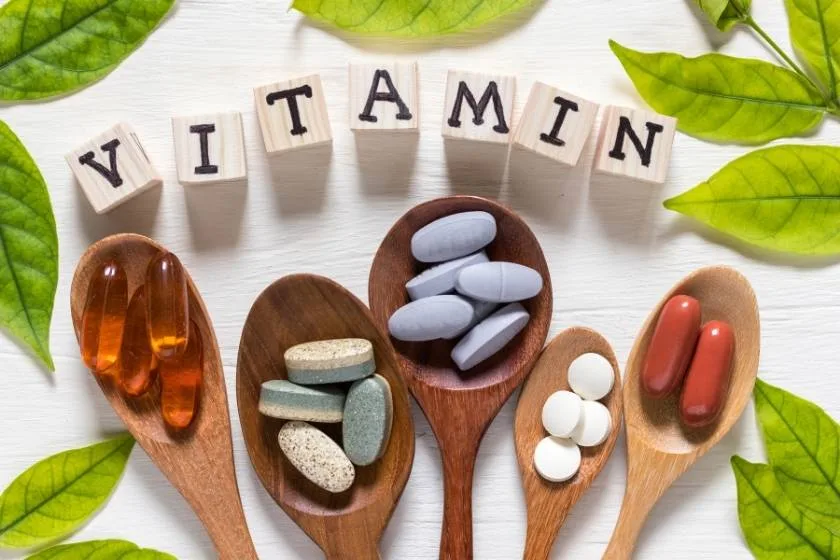In the hustle and bustle of life, we can sometimes overlook the most important things. Vitamins, which are necessary to protect and improve our health, are one of them. So, what exactly are vitamins and why are they so important? By discovering the answers to these questions, we can better understand the place of vitamins in our lives.
What are Vitamins?
Vitamins are organic compounds that are necessary for the healthy and proper functioning of our body, but cannot be produced in sufficient quantities by the body. They must therefore be taken from outside, i.e. with food. Vitamins play a role in many vital processes, from energy production to strengthening the immune system, from cell repair to blood clotting.
Why Do We Need Vitamins?
Our body is like a machine and vitamins are like oils that keep it running smoothly. Each vitamin has specific tasks in the body:
- Energy Production: Some vitamins, such as B vitamins, help convert food into energy.
- Immune System: Vitamins C and D play a critical role in strengthening the immune system.
- Cell Repair and Growth: Vitamins A and E are important in the repair of cells and the production of new cells.
- Bone Health: Vitamin D supports bone health by increasing the absorption of calcium.
How Can We Take Vitamins?
A healthy diet is the key to getting various vitamins naturally. Fruit and vegetables, whole grains, dairy products, meat and fish are food groups rich in vitamins. Consuming a balanced amount of each food group provides the vitamins the body needs.
Practical Tips:
- Colourful Eating: Fill your plates with fruit and vegetables of various colours. Each colour represents different vitamins.
- Don’t Forget Sunlight: Regular exposure to sunlight is important for vitamin D.
- Avoid Processed Foods: Processed foods are poor in natural vitamins. Prioritise fresh and natural nutrition as much as possible.
After talking about vitamins for a long time, let’s see what vitamins are good for. Below we share with you the list of vitamins we need.
- Vitamin A (Retinol)
- Important functions: Supports eye health, strengthens the immune system, helps cell growth.
- Foods in which it is found: Carrots, sweet potatoes, spinach, fish oils, liver.
- Vitamins B
- B1 (Thiamine): Energy production, nervous system functions.
- B2 (Riboflavin): Energy production, skin and eye health.
- B3 (Niacin): DNA repair, metabolism, nervous health.
- B5 (Pantothenic Acid): Hormone and cholesterol production, energy metabolism.
- B6 (Pyridoxine): Brain health, production of red blood cells.
- B7 (Biotin): Carbohydrate and fat metabolism, hair and skin health.
- B9 (Folic Acid): Cell growth and division, foetal development during pregnancy.
- B12 (Cobalamin): Nervous system health, DNA production, red blood cell formation.
- Foods in which it is found: Whole grains, eggs, dairy products, meat, fish, green leafy vegetables, pulses.
- Vitamin C (Ascorbic Acid)
- Important functions: Immune system, collagen production, antioxidant.
- Foods in which it is found: Citrus fruits, strawberries, kiwi, broccoli, red and green peppers.
- Vitamin D
- Important functions: Bone health, calcium absorption, immune system functions.
- Foods in which it is found: Sunlight, oily fish, fish oils, milk and milk products, egg yolk.
- Vitamin E (Tocopherol)
- Important functions: Protection of cell membranes, antioxidant.
- Foods in which it is found: Vegetable oils, nuts and almonds, whole grains, green leafy vegetables.
- Vitamin K
- Important functions: Blood clotting, bone health.
- Foods in which it is found: Green leafy vegetables, broccoli, cabbage, soya beans.
Each vitamin has different functions and is found in different foods. A balanced diet can provide adequate amounts of most of these vitamins. In some cases, vitamin supplements may also be required on the advice of a doctor.

